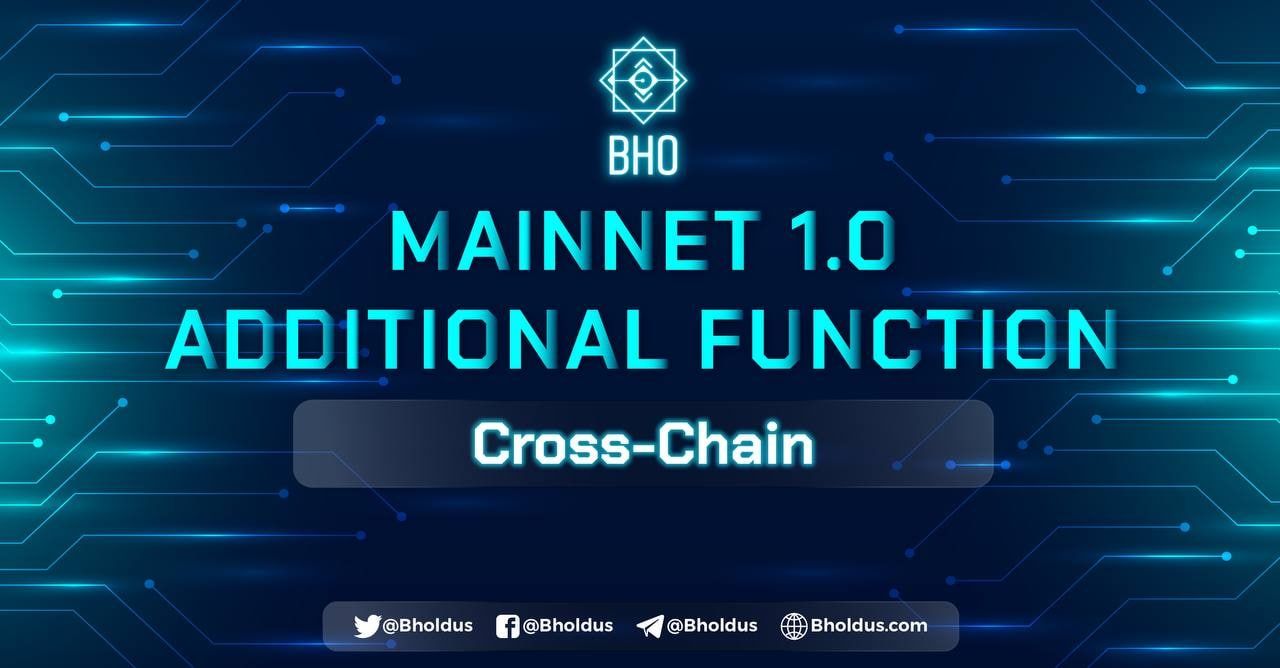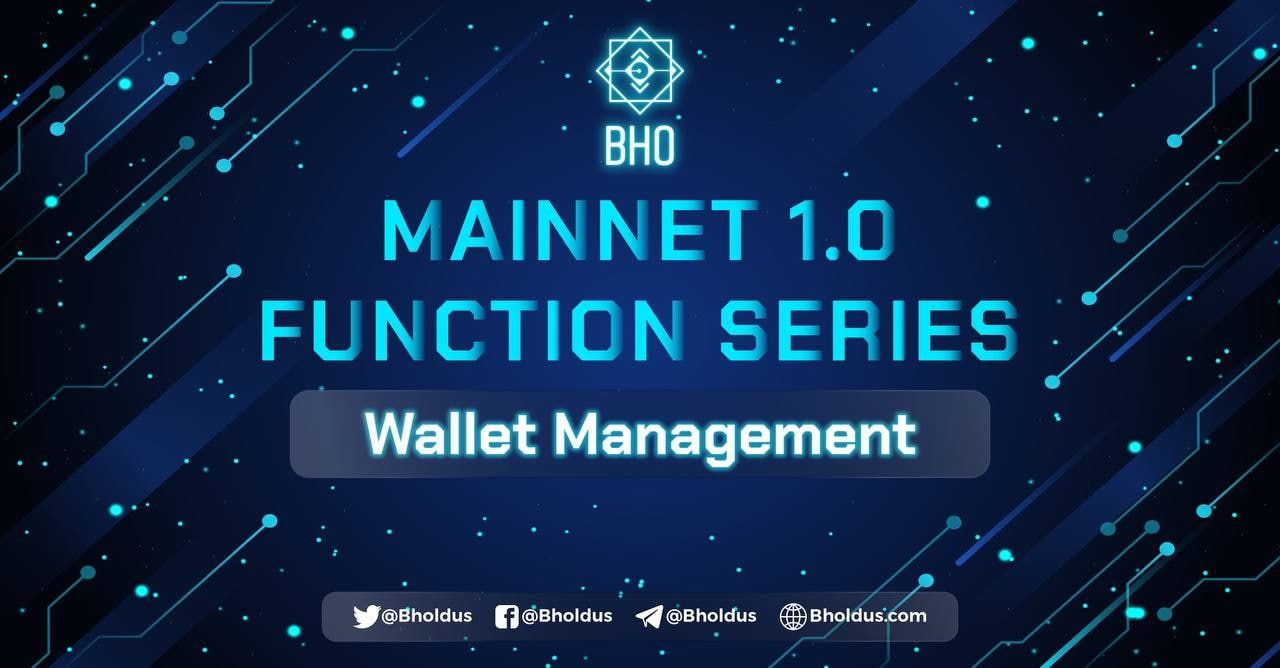- Blog
- Crypto News
- DECENTRALIZED STORAGE - ONE OF THE BEST POTENTIAL APPLICATIONS OF BLOCKCHAIN
DECENTRALIZED STORAGE - ONE OF THE BEST POTENTIAL APPLICATIONS OF BLOCKCHAIN
- What is Decentralized Storage?
- Advantages of decentralized storage
- Decentralized storage networks on the current market
Decentralized data storage is not a new concept, but still unfamiliar to most users. However, this is arguably one of the most practical and potential applications of blockchain and cryptography today. Let’s learn about the concept and decentralized storage technology of Blockchain through this article with BHO Network.
What is Decentralized Storage?
Cloud storage services like Dropbox and Google Cloud have changed the way users store and share data. They allow people to store terabytes of data at a much cheaper cost than buying a new hard drive, and files can be accessed at any time from any device. But there's a problem: Users have to rely on a centralized organization's risk management system that can revoke access to their accounts at any time. Furthermore, if required by the government, your data will be dissected freely, not to mention other impermanent risks on the server side which could cause your data to be lost forever. Thus, depending on a centralized institution always poses systemic risks for all users - us.
Web3 opens up another opportunity: decentralized file storage networks like Filecoin, Storj, and Arweave. Instead of storing data with a single cloud company, these decentralized file storage protocols break your data into small pieces, then store the data packets on anonymous computers (nodes) connected to the decentralized network. This means that network-protected files come from multiple stakeholders instead of a single company.
Decentralized networks are usually blockchains. Instead of processing transactions for cryptocurrencies, miners or validators validate and process file space for rewards in crypto - usually the protocol's native token. With Filecoin, for example, FIL is used as a reward for participants providing storage space.
To receive the reward, miners/validators must prove they are storing a file on their hard drive in a consensus mechanism commonly known as Proof of Storage. This mechanism is designed to maintain the honesty and trustworthiness of miners and validators, motivating node operators to maintain your data storage.
Unlike centralized file sharing services where you pay with regular currency, usually as a monthly service, decentralized hosting services operate on cryptocurrencies. Storage is rented and paid for in cryptocurrencies. So, if a user chooses to use Filecoin to store their files, they will pay with FIL corresponding to the amount of storage space required.
Advantages of decentralized storage
One benefit of decentralized storage systems is the political aspect – or more specifically, it is designed with apolitical criteria in mind. Files are stored on a decentralized storage service that is resistant to control by any centralized organization, such as a government wanting to control and censor content. It also prevents a private company from adopting its own policies such as denial of service or taking other actions with respect to the data it holds, such as sharing them with law enforcement authority.
With decentralized storage, there is no single authority that can stop you from saving your data. These networks are also highly secure thanks to blockchain technology and cryptography. Data stored on these networks is encrypted before being stored, and no single computer can hold all of the data.
A big advantage of decentralized storage is that it is often much cheaper than storing the same amount of data on cloud providers like AWS or Azure.
Decentralized storage networks on the current market
One of the most popular networks is IPFS, which stands for InterPlanetary File System. It is used to host NFTs and web pages, with the statement that these media are not censored and cannot be removed by the protocol's founder.
IPFS was developed by Protocol Labs and launched in 2015. Data on IPFS is stored in multiple locations, which are then recombined each time someone needs to download a file contained within its network. IPFS is not blockchain-based, but its hashes can be contained in the blockchain transaction's metadata.
Protocol Labs is also the founding company of Filecoin, and although all of Filecoin's nodes are IPFS nodes, Filecoin operates independently of IPFS, but the two share some similar ideas. The main difference is that while IPFS is built for short-term data retrieval, Filecoin is built for long-term data retention. A competitor named Arweave also implements many similar solutions. One of the main differences is the payment structure: Data will be removed from Filecoin if monthly bills remain unpaid while Arweave stores data permanently. Other competitors in the market include Sia, Akash and Storj.
With the development of blockchain and crypto technology, and practical applications built on top of them, the storage services we are using today are highly likely to be replaced by many solutions in the future, which are more decentralized, safer, and more transparent.
Published on August 25, 2023
Tagged topics







